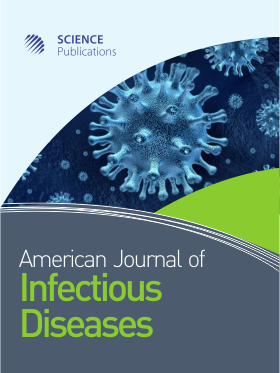Impact of Antimicrobial Stewardship Programme on Carbapenem Resistance in Gram Negative Isolates in an Indian Tertiary Care Hospital
- 1 Artemis Health Institute, India
Abstract
Problem statement: Increasing Antimicrobial resistance in the World is constantly becoming a Global threat and there is an urgent need to prevent its spread. Various studies of last decade have shown reduced trends of antimicrobial resistance in the pathogens as an outcome of the Antimicrobial Stewardship Programs. In view of this, the present four years’ study was carried out to analyse the impact of Antimicrobial Stewardship Programs on carbapenem resistance in Gram negative isolates in a Tertiary care hospital in India. It involved a retrospective analysis of carbapenem resistance in Gram negatives for one year (July 2007 to June 2008), followed by prospective evaluation of the impact of stewardship interventions on resistance patterns (July 2008 to Jun 2011). Approach: Our study was staged into four parts: (1) July 2007 to June 2008: Resistance patterns of Gram negative isolates-E.coli, Klebsiella, Pseudomonas and Acinetobacter baumannii towards carbapenems were studied. (2) July 2008: Phase I intervention programme Implementation of an antibiotic policy in the hospital. (3) July 2008 to June 2010: The Impact of Phase I intervention programme was assessed subsequently. (4) July 2010 to June 2011: Phase II intervention programme: Formation and effective functioning of the antimicrobial stewardship committee. Results: The percentage resistance towards carbapenems in E.coli, Klebsiella, Pseudomonas and A. baumannii from July 2007-June 2008 was 1.07, 13.1, 21.3 and 12.5% respectively. Phase I intervention programme was initiated in July 2008 and Phase II in July 2010 and a subsequent reduction of 4.03% was observed in the carbapenem resistant Pseudomonas in the last stage of study period following the interventions. However the resistance in the other Gram negatives (E. coli, Klebsiella and A. baumannii) rose and then stabilized. Conclusion: An antimicrobial stewardship programme with sustained and multifaceted efforts is essential to control the increasing resistance of microorganisms towards antibiotics.
DOI: https://doi.org/10.3844/ajidsp.2012.106.111

- 4,250 Views
- 2,943 Downloads
- 6 Citations
Download
Keywords
- Carbapenem resistance
- gram negatives
- antimicrobial stewardship program
